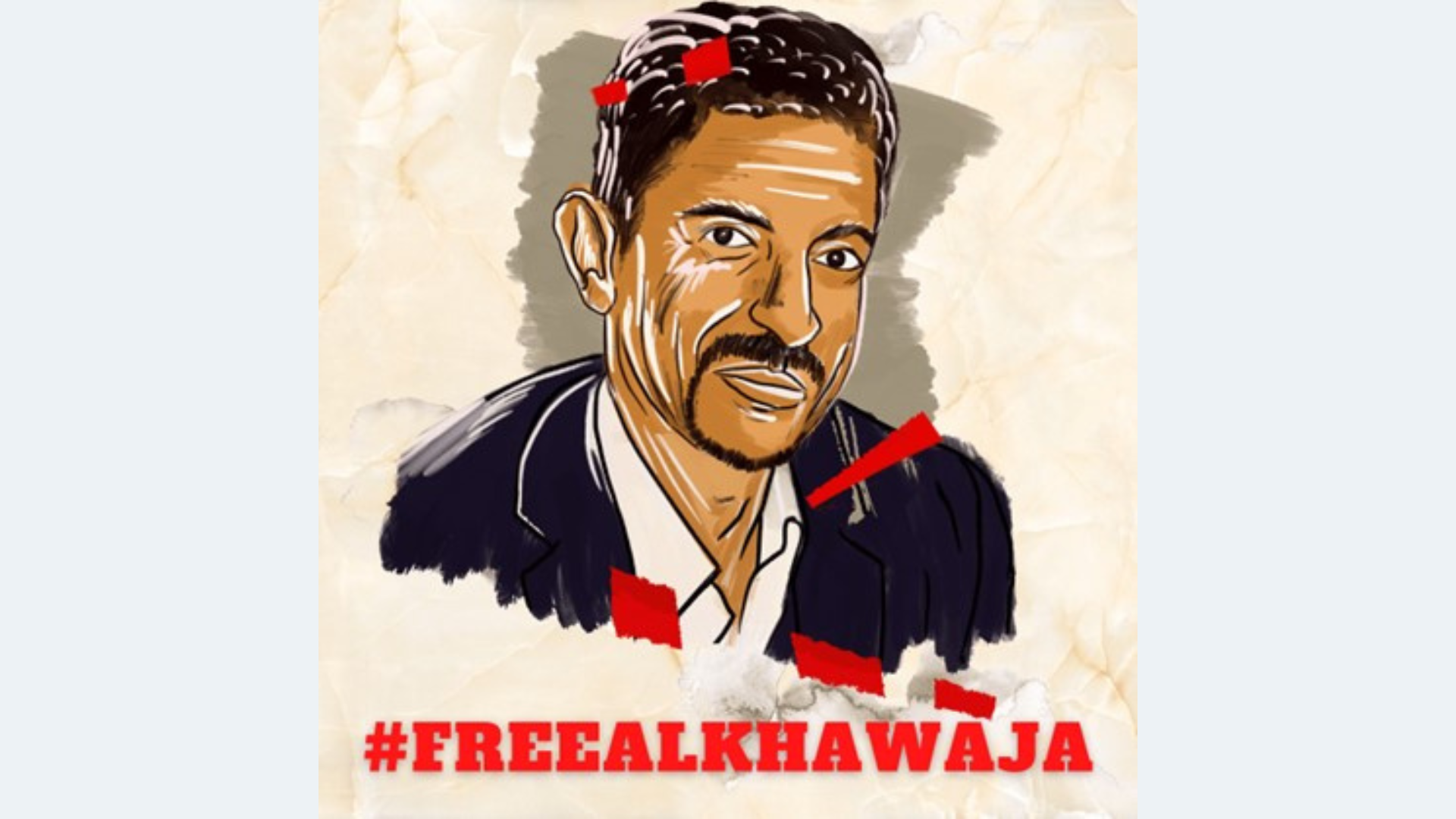On 23 October 2012, the UN Special Rapporteur on torture and other cruel, inhuman or degrading treatment or punishment, Mr Juan Mendez, presented his report to the Third Committee of the General Assembly. The Special Rapporteur’s report focused on the death penalty and the prohibition of torture, cruel, inhuman or degrading treatment. He argued that a new approach was needed to frame the debate over the legality of the death penalty in the context of human dignity and the ban on torture and cruel, inhuman or degrading punishment. The timing seemed strategic as the Third Committee is currently in the process of negotiating its contentious bi-annual resolution on the death penalty.[1]
While Mr Mendez was clear that capital punishment is not a per se violation of the right to life, he argued that it can violate the prohibition on torture, cruel, inhuman or degrading treatment in practice, because the death row phenomenon[2] or methods of execution involve unnecessary suffering and indignity. Linking the discussion back to his report to the General Assembly last year, Mr Mendez noted that solitary confinement, a common practice on death row, combined with knowledge of impending death, contributes to irreparable mental and physical harm. He said that while it may be theoretically possible to carry out the death penalty without violating the ban on torture, the necessary conditions make the retention of the death penalty costly and ‘not worth the effort’.
Mr Mendez also noted that, while international human rights bodies have yet to hold that the death penalty per se violates the prohibition on torture and cruel, inhuman or degrading treatment, there is ‘clearly a trend in this direction at the regional and national levels’. Mr Mendez noted that, even if the emergence of a customary norm holding the death penalty as contravening the prohibition on torture was still underway, most conditions under which it is actually applied render it tantamount to torture. In that regard, he recommended a more comprehensive legal study on the emergence of a customary norm prohibiting use of the death penalty under all circumstances.
Nine countries intervened in the dialogue, with an evident split between those who viewed the death penalty as incompatible with the prohibition on torture, cruel, inhuman and degrading treatment, and those who argued that there is no a necessary link.
To varying extents, Singapore, the US and Egypt rejected the Special Rapporteur’s link between the death penalty and torture, cruel, inhuman and degrading treatment. The US disagreed with Mr Mendez on the evolution of a customary norm towards abolishing the death penalty in all circumstances. Singapore voiced ‘strong reservations’ on the report generally, and argued that State conduct in the report points to a lack of consensus on a customary norm. Egypt echoed Singapore’s reservations about the customary norm and argued that the attempt to draw a link to torture, cruel, inhuman or degrading punishment was an attempt to “de-legalize” the death penalty. The Special Rapporteur pushed back against Egypt and Singapore, clarifying that the fact that persistent objectors[3] remain doesn’t imply the absence of a customary norm.
The EU, Norway, Switzerland and Lichtenstein welcomed the Special Rapporteur’s report, reiterating their hope for a worldwide abolition of the death penalty. Norway and Switzerland supported the Special Rapporteur’s call for a comprehensive legal study on the emergence of a customary norm prohibiting use of the death penalty under all circumstances. In that regard, Norway reminded the Third Committee about the call by the previous Special Rapporteur, Manfred Nowak, for a comprehensive legal study on the compatibility of the death penalty with the right to personal integrity and human dignity. Mr Mendez welcomed Switzerland’s question on establishing a special procedure on capital punishment, noting that such a mandate holder could carry out the study.
In light of current events and presumably taking aim at the US, the Russian delegate called for a study on the use of torture during military operations outside national jurisdiction. Reflecting recent events around the world, Egypt urged Mr Mendez to study the use and effects of torture and cruel, inhuman or degrading treatment as a tool to discourage and prevent peaceful assembly and protest. Mr Mendez assured the Russian delegation that many of his communications dealt with torture in the context of war, and that he frequently communicated with the Special Rapporteur on human rights while countering terrorism. Responding to the Egyptian delegation, Mr Mendez stated he was concerned and committed to engaging in circumstances of excessive use of force to curb the right to freedom of expression and assembly.
The Special Rapporteur noted that he had a number of visits planned for 2013, including to Bahrain and Guatemala, and was in discussions with Thailand and Iraq. He also stated that he remains engaged with the US on the situation of detainees at Guantanamo Bay and hoped to visit in the near future.
[1] Click here for an overview of the General Assembly’s 64th session, including coverage of the last death penalty resolution
[2] Mr Mendez explained in his presentation that the ‘death row phenomenon’ consists of “a combination of circumstances that produce severe mental trauma and physical deterioration in prisoners under sentence of death. Those circumstances include the lengthy and anxiety-ridden wait for uncertain outcomes, isolation, drastically reduced human contact and physical conditions and regime restrictions which are often worse than those for the rest of the prison population.”
[3] Under international law, a State may avoid being bound by a rule of customary international law if it has been a “persistent objector” to the norm or rule. Objection to the norm must be consistent.



